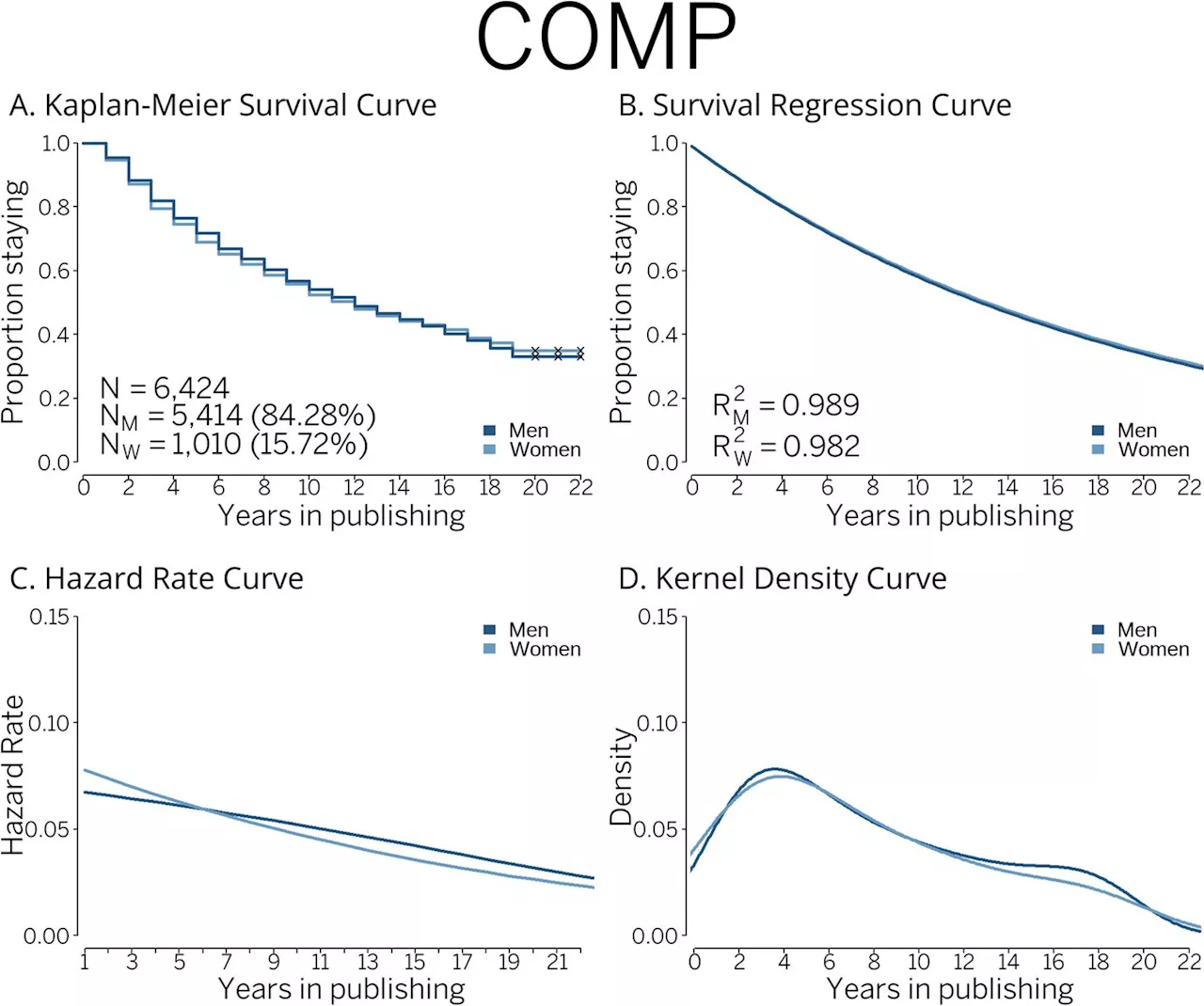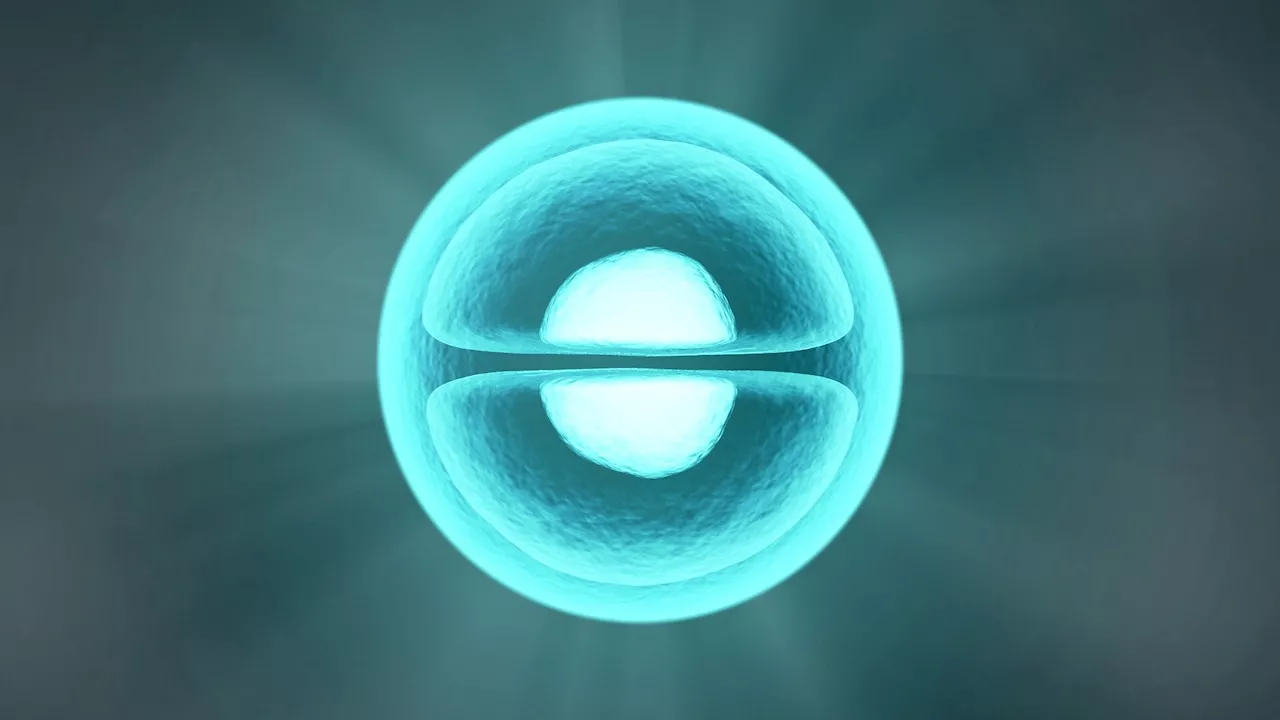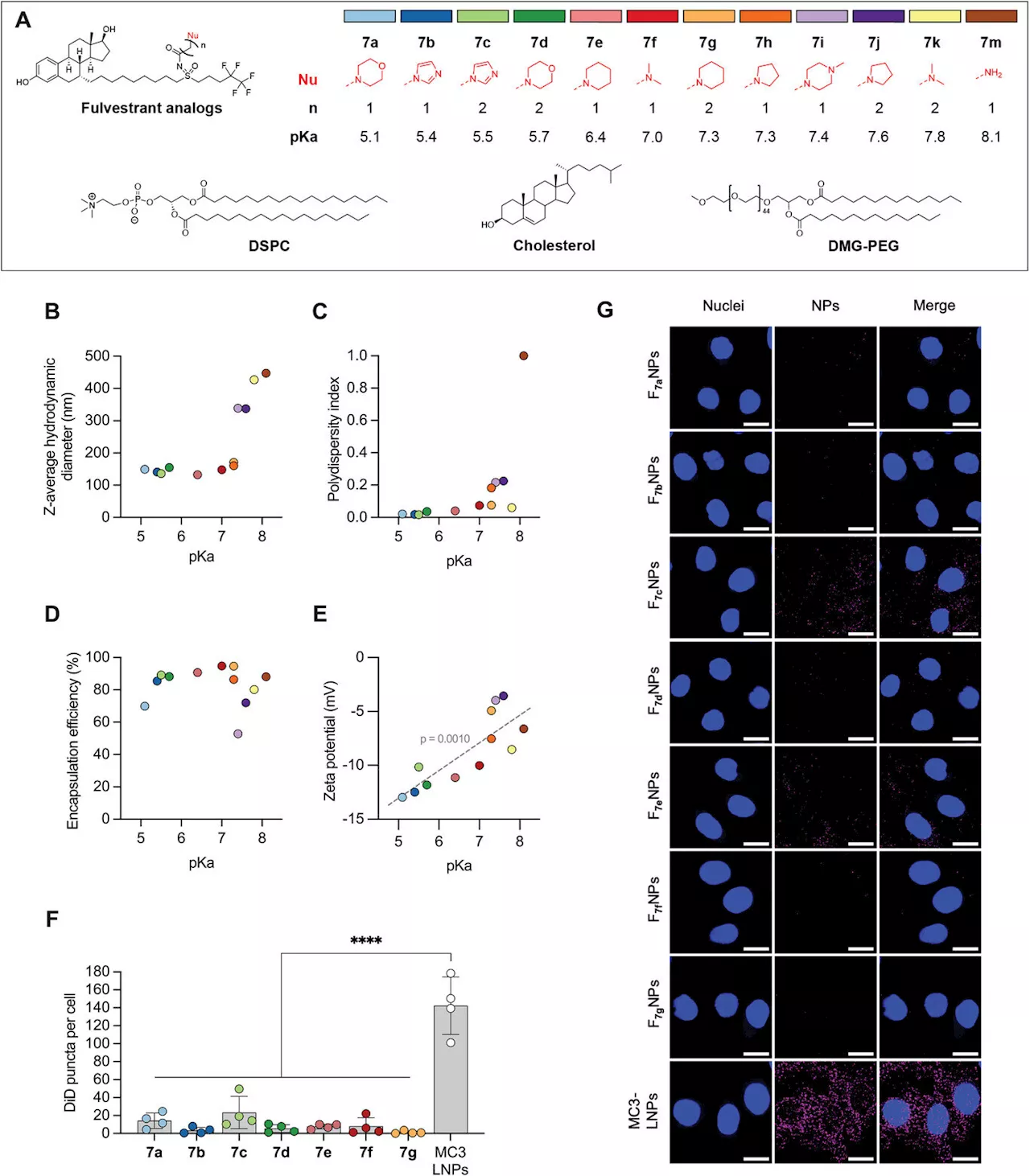Researchers have discovered a natural immune mechanism in mice that stops escaped cancer cells from developing into tumors elsewhere in the body.
Metastatic disease -- when cancer spreads from the primary tumor to other parts of the body -- is the cause of most cancer deaths. While researchers understand how cancer cells escape the primary site to seed new tumors, it's not well understood why some of these wayward cancer cells spawn new tumors -- sometimes decades later -- while others do not.
Breast cancer and many other types of cancer metastasize to the lungs. In research involving three mouse models of metastatic breast cancer, Dr. Aguirre-Ghiso and colleagues determined that when breast cancer DCCs spread to the lung's air sacs , they are kept in a dormant state by immune cells known as alveolar macrophages."Alveolar macrophages are the lung's first responders, defending the organ against bacteria and dangerous substances like environmental pollutants," said Dr.
As DCCs become more aggressive, the researchers found, they become resistant to the pro-dormancy signals produced by alveolar macrophages. Ultimately, this evasion mechanism enables some DCCs to"wake up" from dormancy and reactivate to form metastases.
Lung Cancer Breast Cancer Brain Tumor Skin Cancer Lymphoma Prostate Cancer Colon Cancer
United States Latest News, United States Headlines
Similar News:You can also read news stories similar to this one that we have collected from other news sources.
 Disappearing scientists: Attrition and retention patterns of 2.1 million scientists in 38 OECD countriesResearch has been showing that women scientists continue to disappear from science at a significantly higher rate and in higher percentages than men. This is what social scientists have thought for decades—but this is no longer the case today, according to a study published in Higher Education.
Disappearing scientists: Attrition and retention patterns of 2.1 million scientists in 38 OECD countriesResearch has been showing that women scientists continue to disappear from science at a significantly higher rate and in higher percentages than men. This is what social scientists have thought for decades—but this is no longer the case today, according to a study published in Higher Education.
Read more »
 10 early-career scientists tackling some of the biggest problems of todayFor the ninth year, Science News honors researchers in its SN 10: Scientists to Watch list.
10 early-career scientists tackling some of the biggest problems of todayFor the ninth year, Science News honors researchers in its SN 10: Scientists to Watch list.
Read more »
 UVA Researchers Discover Cells' 'Superpower' to Control Blood PressureScientists at the University of Virginia School of Medicine have uncovered how certain cells can transform their function to help regulate blood pressure. These cells, including smooth muscle cells lining our arteries, can produce renin – a substance typically made by specialized kidney cells. This discovery sheds light on a crucial biological 'switch' that controls this cellular changeover.
UVA Researchers Discover Cells' 'Superpower' to Control Blood PressureScientists at the University of Virginia School of Medicine have uncovered how certain cells can transform their function to help regulate blood pressure. These cells, including smooth muscle cells lining our arteries, can produce renin – a substance typically made by specialized kidney cells. This discovery sheds light on a crucial biological 'switch' that controls this cellular changeover.
Read more »
 Researchers uncover why cells struggle to fully change identity in reprogramming effortsA new study has shed light on the challenges of converting one type of specialized cell into another, a process critical for advances in regenerative medicine.
Researchers uncover why cells struggle to fully change identity in reprogramming effortsA new study has shed light on the challenges of converting one type of specialized cell into another, a process critical for advances in regenerative medicine.
Read more »
 Researchers develop new method for delivering RNA and drugs into cellsResearchers at the University of Toronto and its hospital partners have developed a method for co-delivering therapeutic RNA and potent drugs directly into cells, potentially leading to a more effective treatment of diseases.
Researchers develop new method for delivering RNA and drugs into cellsResearchers at the University of Toronto and its hospital partners have developed a method for co-delivering therapeutic RNA and potent drugs directly into cells, potentially leading to a more effective treatment of diseases.
Read more »
 Researchers aim to control gene expression by studying the memories of cellsCommunication between cells is now believed to activate a memory mechanism that sustains gene expression, a finding based on the work of Dr. Gregory Reeves.
Researchers aim to control gene expression by studying the memories of cellsCommunication between cells is now believed to activate a memory mechanism that sustains gene expression, a finding based on the work of Dr. Gregory Reeves.
Read more »
